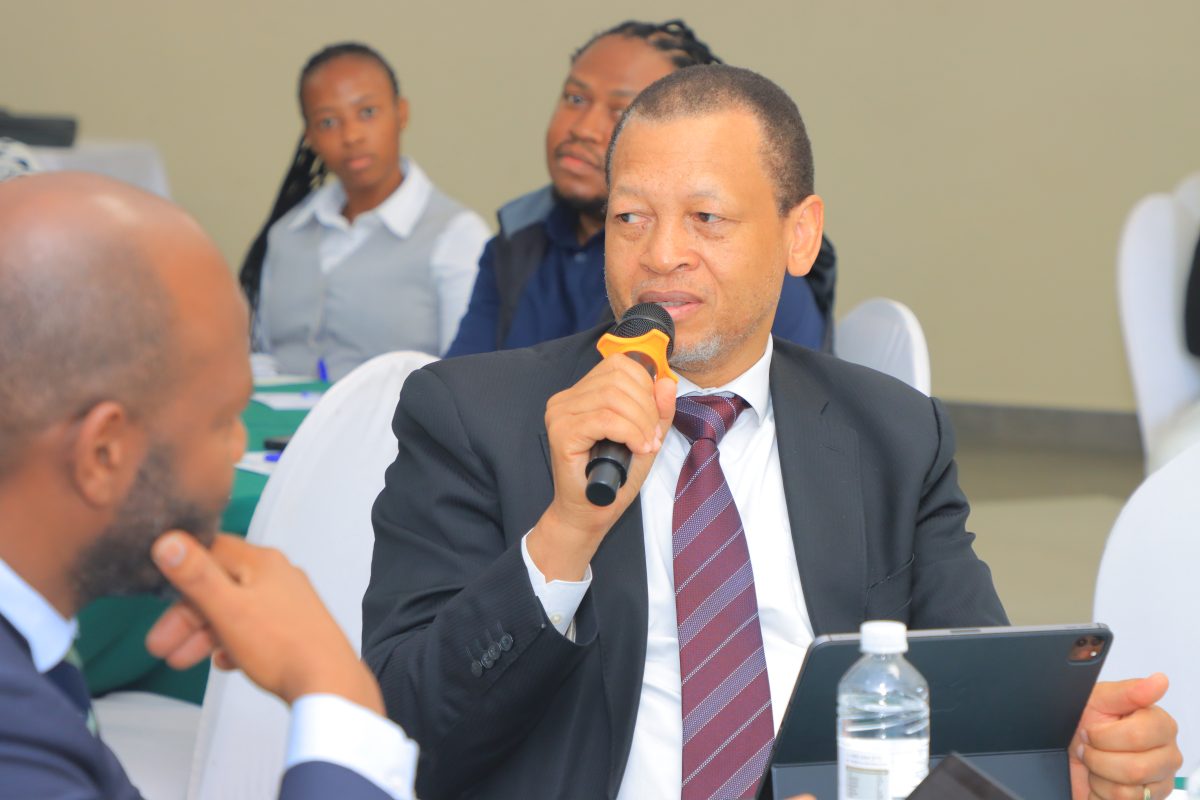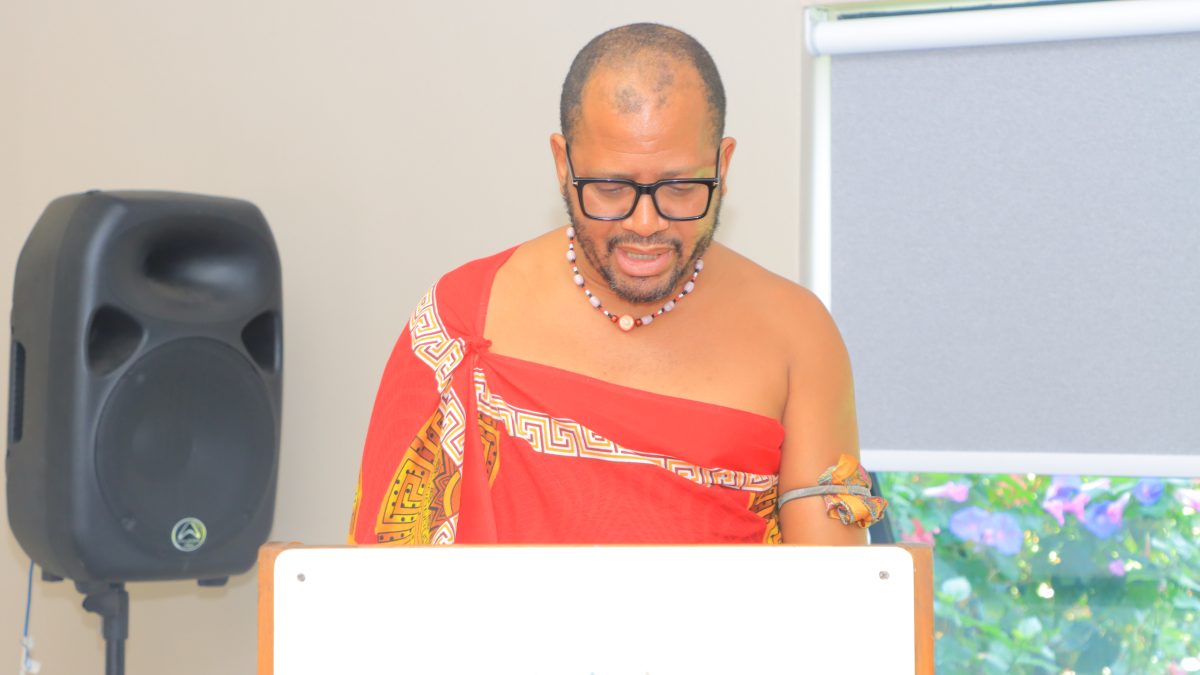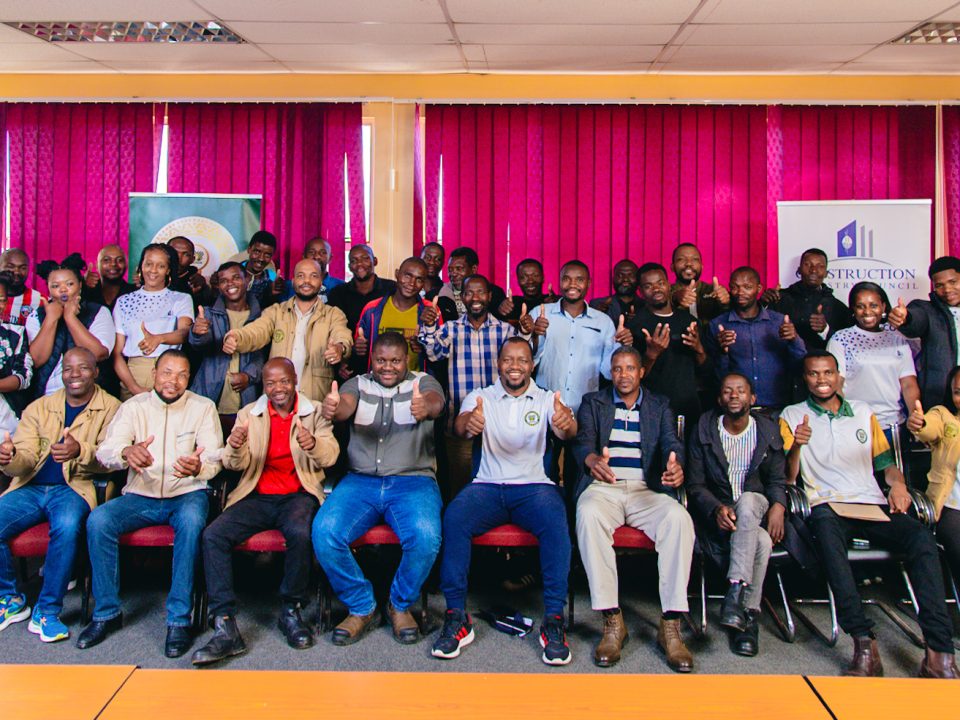
BUILDING RESILIENCE FROM THE GROUND UP
January 21, 2026Eswatini Unites for Resilience on International Day for Disaster Risk Reduction
The National Disaster Management Agency (NDMA) joined the global community to commemorate the International Day for Disaster Risk Reduction, observed every year on 16 October. This year’s theme, “Fund Resilience, Not Disasters,” guided the national dialogue hosted by the NDMA, which brought together representatives from various organizations, government ministries, the private sector, academia, and civil society.
The event was officially opened by the Principal Secretary in the Deputy Prime Minister’s Office, Siboniso Nkambule, who emphasized that the theme calls for a renewed focus on investing in prevention and early action. “It reminds us that the cost of inaction is far greater than that of being prepared,” he said. The Principal Secretary further noted that government, through the NDMA, continues to strengthen national systems for disaster risk financing. He highlighted that the Disaster Risk Management Bill of 2024 complements these efforts by providing a modern legislative framework to enhance institutional coordination and accountability in disaster management.

NDMA Chief Executive Officer, Victor Mahlalela, reflected on the Agency’s ten-year journey in disaster response and resilience building. He commended the progress made over the past decade, stating that when compared with other countries, Eswatini has achieved significant milestones. “Today, we aim to find solutions on how well we are prepared for disasters,” he said, encouraging participants to engage and share innovative ideas for future preparedness.
Mahlalela highlighted the importance of enforcing compliance and monitoring frameworks that support resilience, adding that the NDMA continues to improve its legislative and policy environment. He also announced plans to conduct media training sessions to enhance public understanding of disaster management initiatives. “As an Agency, we will continue to strengthen resilience by ensuring that early warning messages reach the public in time for early action. People must take safety measures before seeking assistance from the NDMA,” he added.
The dialogue featured three engaging panel discussions. The first panel explored financial preparedness — from policy formulation to practical implementation — with participation from the Ministry of Finance, the Ministry of Economic Planning and Development, the NDMA, Eswatini Bankers Association, and the United Nations Development Programme (UNDP).
The second panel focused on partnerships for resilience financing, bringing together voices from the business community, academia, and civil society to deliberate on how collaborative efforts can sustain resilience-building initiatives.
The final session centered on youth and public engagement, highlighting the importance of community involvement in disaster awareness and resilience planning. Panelists emphasized the need to empower young people and communities with practical knowledge, such as the use of drought-resistant seeds and resilient construction techniques that can withstand adverse weather conditions during the rainy season.
The NDMA extends appreciation to all partners and stakeholders who joined the commemoration. The Agency remains committed to advancing national resilience through collaboration, preparedness, and innovation, all aimed at ensuring that Eswatini continues to build safer, more disaster-resilient communities for the future.




